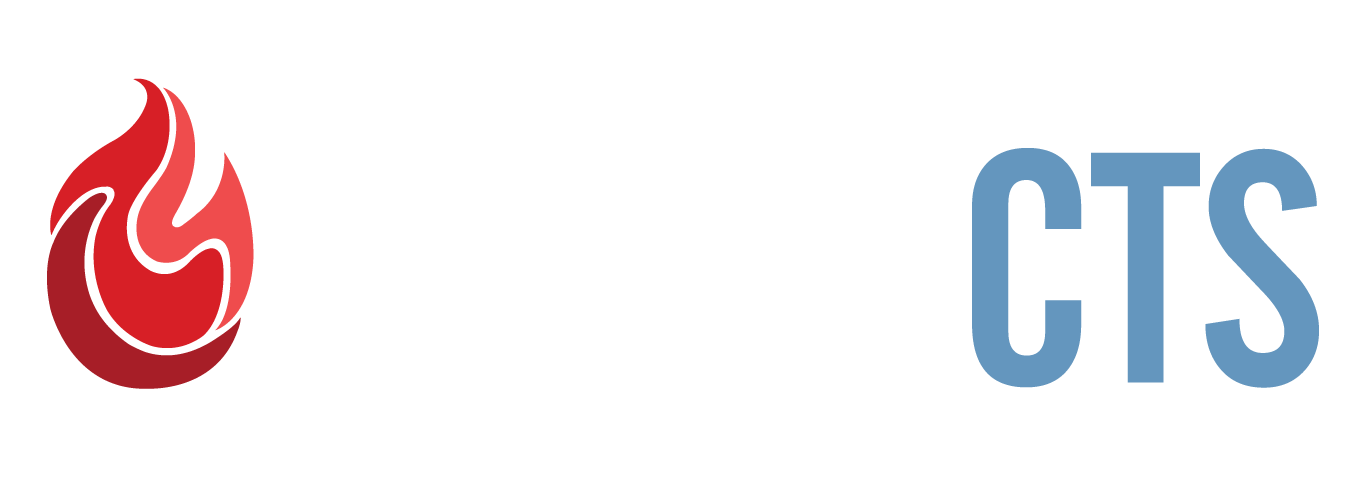Dear (Cis) People Who Put Your Pronouns On Your “Hello My Name Is” Name Tags
By Sinclair Sexsmith over at MEDIUM
Dear cis people who put your pronouns on your “hello my name is” name tags: Thank you.
When you do that, I feel more comfortable putting my pronouns — they/them. I feel more comfortable being visibly out as nonbinary. I feel more comfortable asking people to use the pronouns that feel most like me, that make me feel most seen and whole, instead of just resolving to be mis-gendered and mis-represented and whatever who cares anyway.
(Maybe I do, somewhere, a little.)
When we’re doing the socializing part of whatever event we’re at, and we are introduced, I automatically feel warmer toward you — regardless of your gender or presentation. I feel much more comfortable talking to you, because you already tell me you know a little about gender.
Thank you.
It is an ongoing cultural struggle right now to break our eyes open to more than the two binary gender roles. We are all still learning. Nonbinary and trans folks are still evolving the language and culture, and educators are still figuring out the best ways to communicate the theory and compassion. It’s a challenge to undo the cultural systems that have been normalized all our lives.
And yet, we must. If we want to support everyone to live their best lives, we must. If we want to be honoring of everyone, we must.
Other great places to include your pronouns:
- Your email signature. Example: “Sinclair Sexsmith¶ Pronouns: they, them, theirs, themself¶ @mrsexsmith | Facebook | Patreon”
- Social media bio, on Twitter or Facebook or etc. Example: “Writer. White non-binary butch feminist dominant. They/them.” You could also periodically put a post up on your social media, “Just for the record, I use they/them pronouns. Also, I grew up in Alaska, my favorite flower is red gerbera daisies and my favorite number is 12.”
- Regular bio, if you’re a performer, writer, teacher of some sort and you have a bio you send around, include them there! Example: “Sinclair Sexsmith (they/them) is a queer nonbinary writer.”
- Business card, along with your name and contact information. Example: “Sinclair Sexsmith | they/them | [email protected]”
- Introductions at a meeting or workshop, if they say “Go around & say your names.” They don’t have to invite you to include your pronoun in your intro in order to include it! Example: “I’m Sinclair, I use they/them pronouns.”
- Any time you’re speaking in front of a group! Example: “Hi! I’m excited to have you at this poetry reading today, thanks for coming to the Bluestockings Bookstore. I’m Sinclair, I use they/them pronouns — but you probably already know that, since you’re here!”
- Can you think of other places I haven’t listed here? I’m sure there are others. Leave ’em in the comments!
If you don’t know someone’s pronouns, ask!
This is an important skill to cultivate. We have probably all heard this, but there are plenty of times we — all of us, myself included — feel awkward asking, and so we don’t. But it’s never too late — ask at any point during the conversation.
It’s not a faux pas if you have to stop in the middle of a sentence, just ask.
“Sorry, what are your pronouns?”
“Oh I didn’t get your pronouns, what are they?”
“Will you remind me your pronouns please?”
If you mess up, no big deal. We all do.
You’re not a bad person if you mess it up. You’re not a bad ally, or a bad person. You’re practicing. Maybe you got the wrong info, or maybe that person just changed their pronouns.
Just start again.
The number one thing to remember is: don’t make it about you. Apologize, move on, try again.
“The other day, she — “
“They use they pronouns.”
“Oh, they. Okay. The other day, they …”
That thing where people say, “Omigod, I’m SO sorry! I really care about pronouns! I’m trying so hard! I’m not used to it! Forgive me!!!!” — that makes it such a bigger deal than it is. Treat it as if you mispronounced someone’s name — it’s a little disrespectful, so be sure to be sensitive, but it’s ultimately no big deal.
Just acknowledge, apologize, have a redo, and do better in the future.
It gets easier with practice & time.
You’ll get it. Keep at it. Practice saying and expressing your pronouns whenever you can. Practice asking. The more cis people can ask and practice with each other, the more of the burden it takes off of trans and nonbinary folks to do the education work themselves.
There’s one more thing I want you to know:
It feels so good when people get it right.
It can make my whole day better when I hear someone refer to me with they/them pronouns.
Honestly, I rarely hear it myself, because if I’m standing there, it’s the least likely place for someone to refer to me in the third person. But sometimes it happens in an introduction, or a story. And it still surprises me.
I feel vulnerable, and cared for, and seen.
You must be logged in to reply to this topic.

